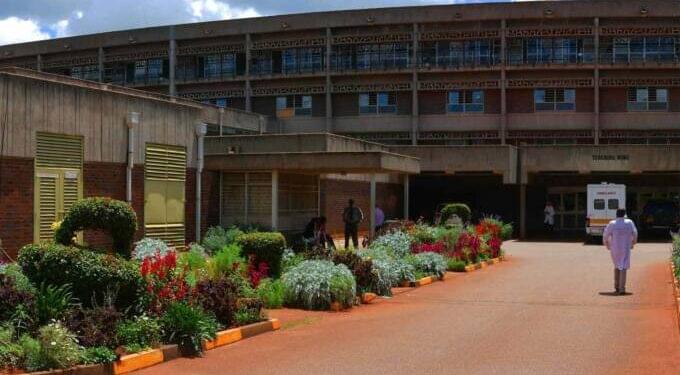THE country’s major referral hospitals are set to undergo significant upgrades, including construction of helipads, in preparation for the operationalisation of air ambulances by mid-year.
The air ambulances were purchased from Russia last year.
A team of personnel and technicians will this week travel to Russia to be trained on air ambulance operations and emergency case management as part of laying the groundwork for use of the planes.
The Government has also started procuring new ground ambulances to complement air services.
Last year, 20 senior doctors, nurses and ambulance staff were equipped with skills to handle emergency medical cases through an intensive training programme conducted by Russian flight paramedic instructors at Parirenyatwa Group of Hospitals.
To date, 12 helicopters have been delivered, with the last batch expected later this year.
This procurement is part of a public-private sector partnership agreement involving the Government and Russia’s Rostec.
In an interview, Health and Child Care Minister Dr Douglas Mombeshora said the Government is completing the final logistics before the air ambulances begin to operate.
“One of the key requirements is the establishment of helipads at major referral hospitals to facilitate smooth take-off and landing. Additionally, there is need for an adequate fleet of ground ambulances that will complement the air ambulances once they are operational,” he said.
“Next week (this week), we are sending a team to Russia to go and have an appreciation of how the air ambulance services work.
“Already, more than 20 experts have since been trained by Russian paramedics at Parirenyatwa Group of Hospitals.”
Public health expert and University of Zimbabwe lecturer Dr Johannes Marisa said the use of air ambulances in Zimbabwe is a significant milestone in the country’s healthcare system.
“It will enhance emergency medical services and expedite the transportation of critically ill patients to specialised medical facilities.
“The upcoming training in Russia for local air ambulance personnel and technicians marks another step forward in realising this crucial objective,” he said.
A local anaesthetist and former flight medic Dr Alfred Pindai, who has extensive experience in critical care medicine, said the country’s air ambulance service promises to be a game changer in emergency response.
“It promises to enhance the response time and accessibility of critical care for those in need, particularly in remote or hard-to-reach areas.
“I believe, for those already trained, it was a crucial step in ensuring that the country’s air ambulance service operates at a high standard and meets the needs of the population,” he said.
In May last year, Zimbabwe took delivery of 18 brand-new helicopters from Russia designated for both emergency air medical services and law-enforcement purposes.
Speaking after the first batch of helicopters were delivered last year, President Mnangagwa said the planes had been custom-made to suit local conditions.
“When I discussed with my brother (Russian) President (Vladimir) Putin, he recommended that their company, Russian State Corporation (Rostec), produce the type of equipment we want and we have ordered these 18,” he said.
SOURCE : SUNDAYMAIL










